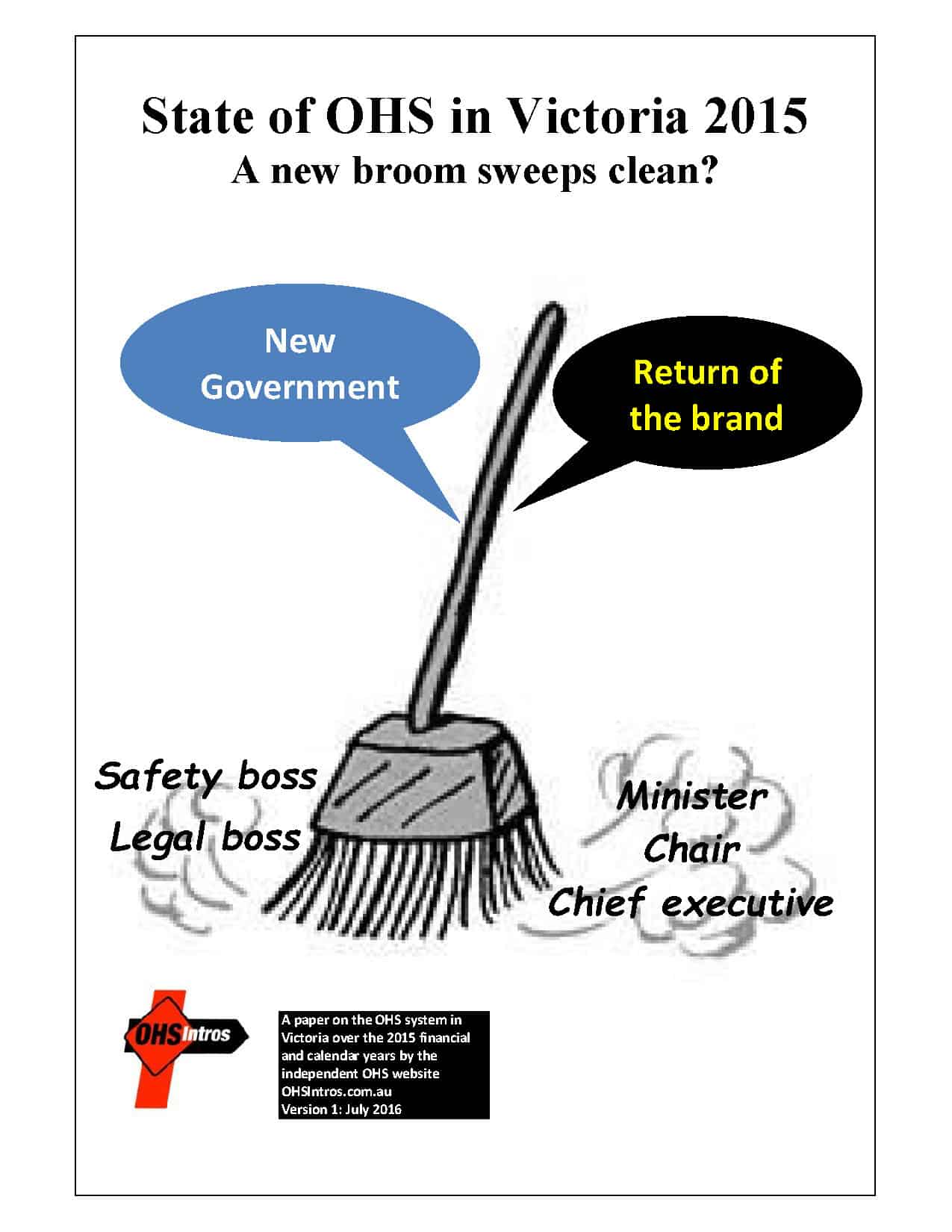A letter to the Australian & New Zealand Journal of Psychiatry (subscription only) has provided a slightly different perspective on the Australia suicide statistics released earlier this year, and some of the reporting on the statistics. This is an important perspective when considering suicide interventions.
Allison Milner and Andrew Page note that the Australian Bureau of Statistics suicide data only covered the last 10 years which misses out on a comparison from last century which would show the change from 2013 to 2014 to be “less noteworthy”.
On the issue workplace suicides, Milner and Page advocate the integration of prevention strategies into the workplace but also write that
“Workplace suicide prevention activities show promise, but more rigorous evaluation is needed”.
The authors emphasise that
“Perhaps the more important message from the most recent statistics is that suicide among older age males (⩾60 years) and middle-aged males (45–59 years) continue to increase….”
This is an important consideration should your workforce match these demographics.
Milner and Page urge readers to focus on evidence-based approaches to suicide prevention. Such evidence will assist OHS professionals and business owners in considering a worst-case mental health scenario and adjusting these measures to match the mental health profiles of their workplaces and that of their clients.
The research also serves as a caution against immediate commentary on statistics by showing a measured assessment of data. Much of the statistical and academic research reports are murky and complex because the audience is, primarily, academic peers but time and reflection allows for alternate perspectives and, sometimes, plain English translations.

 On 22 July 2016, the
On 22 July 2016, the 